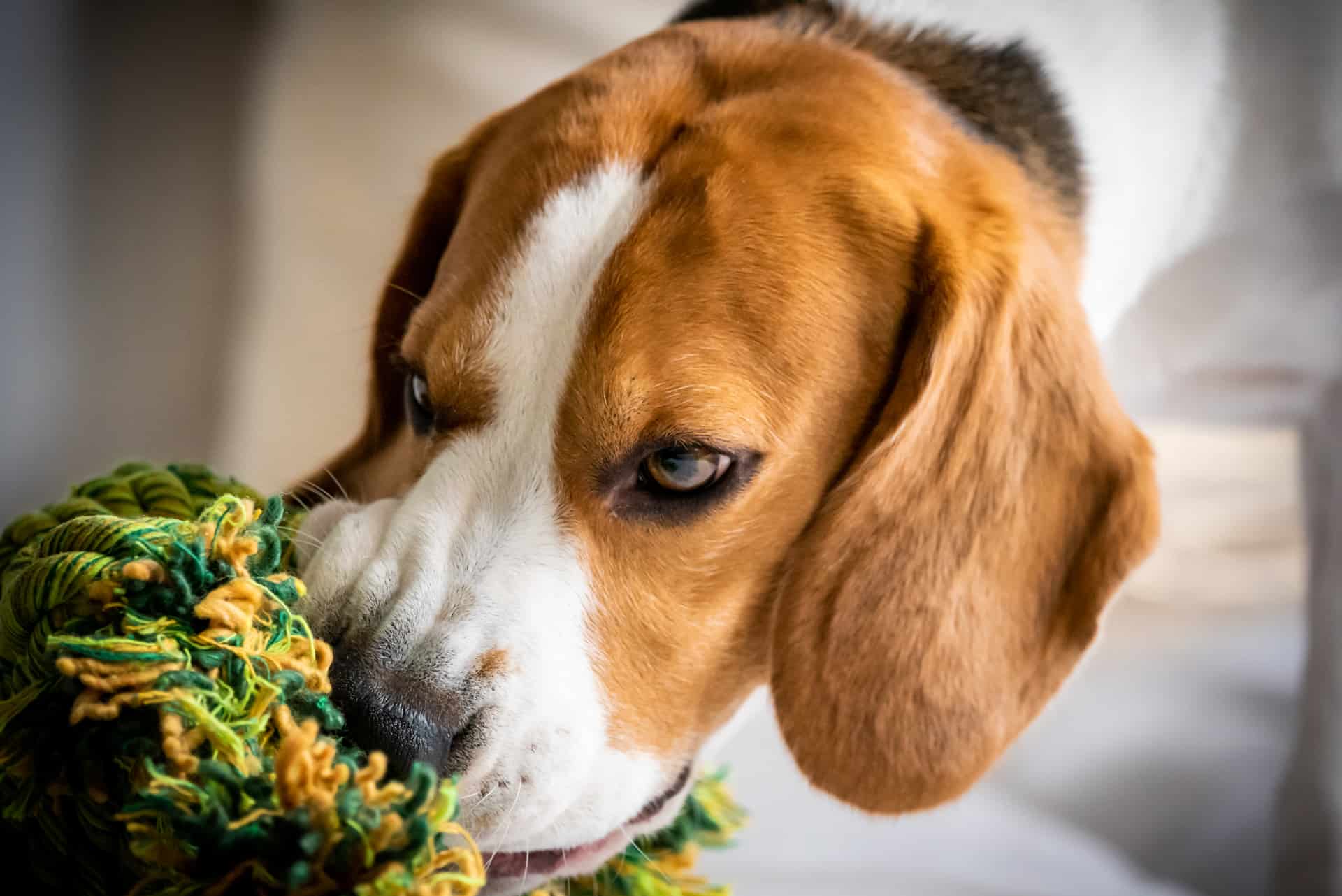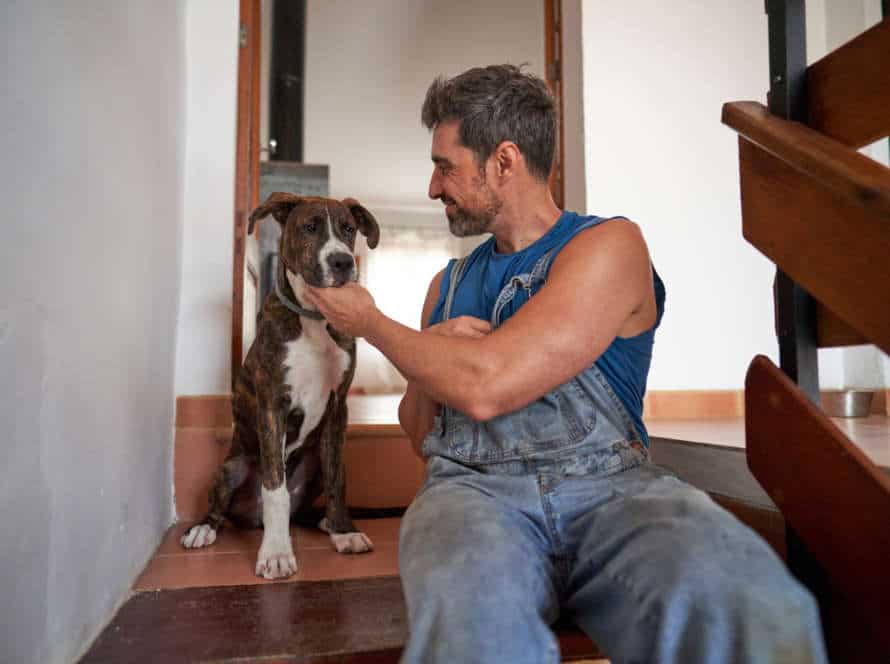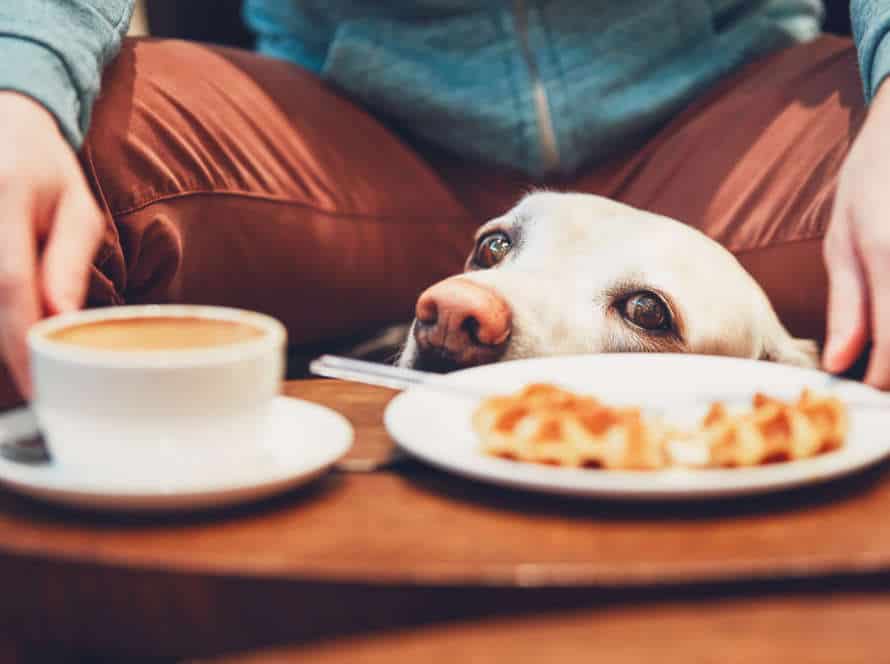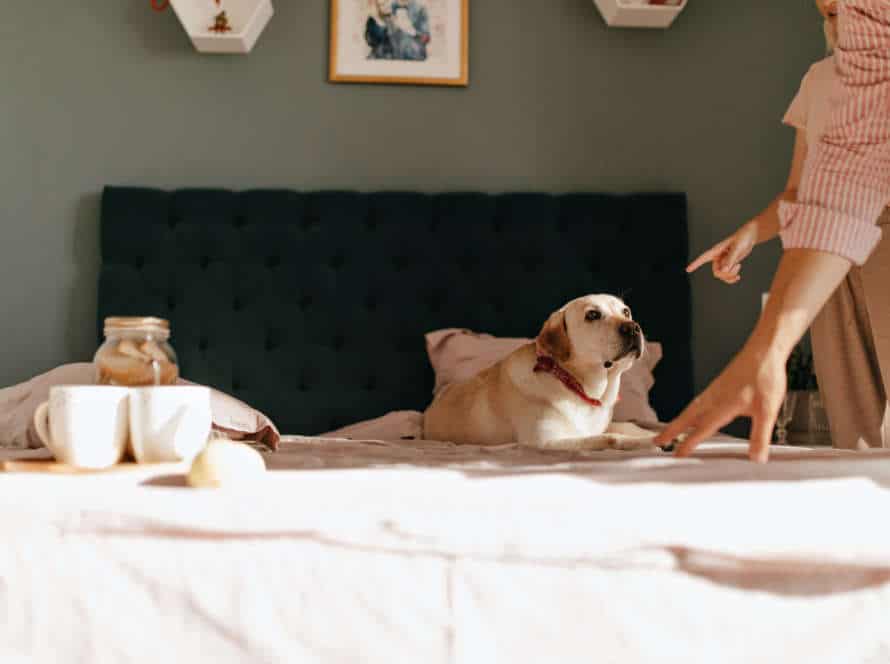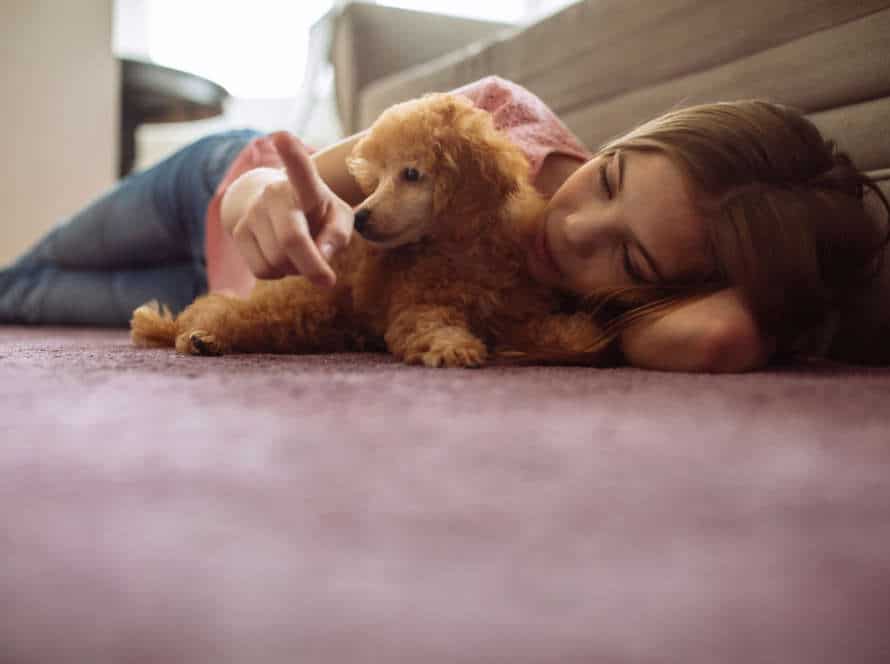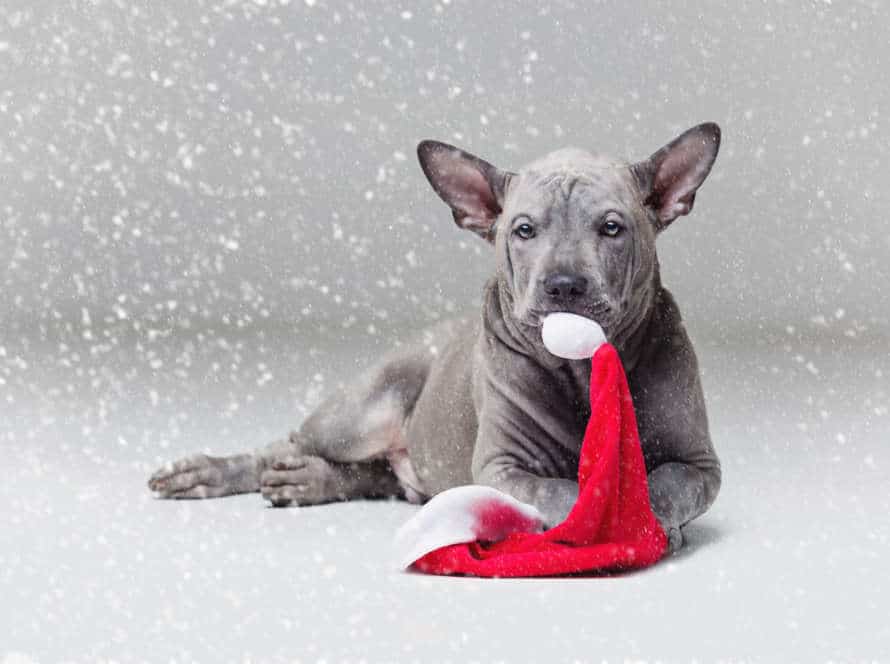Celebrating Bite Inhibition Success: Acknowledging Your Puppy’s Progress
Training a pup in bite inhibition is key to keeping them from hurting anyone. When they learn to control their biting, it’s a big success! Here are some ways to recognize their progress:
- Give treats as a reward.
- Playtime with chew toys.
- Verbal praise like “good boy/girl” or “well done”.
Significant progress should be celebrated to keep pup motivated. Appreciate even the little steps in their development.
Understanding Bite Inhibition
Bite inhibition is essential for puppies. It is the process of learning to control the amount of force used when biting. It helps puppies to be gentle with other animals and humans.
How do we teach puppies to inhibit their bites? Here’s a look:
What is Bite Inhibition?
Bite Inhibition is a dog’s ability to control the force of its bite, avoiding harm to people and other animals. It is an important part of a pup’s socialization and training. Puppies can learn it through playing and interacting with other dogs or their owners.
Knowing what Bite Inhibition is and how to train your pup in this skill can keep aggressive behavior and biting away. Acknowledge your pup’s progress in Bite Inhibition. Celebrate their successes and keep training them in other skills.
Here are a few ways to do that:
- Offer praise and rewards for good behavior.
- Instruct other commands and tricks to reinforce positive behavior.
- Redirect your puppy’s focus if they display unwanted behaviors.
Celebrate your puppy’s progress in Bite Inhibition. It will motivate good behavior and better socialization.
Why is Bite Inhibition important for puppies?
Bite inhibition is a must for a puppy’s socialization. It helps them learn to control the strength of their bite, so they cannot hurt humans or other pets.
Promote gentler play, and discourage rough or aggressive behavior through positive reinforcement and redirection.
Celebrate success when your puppy responds to your cues to stop biting or uses a softer mouth during playtime.
By doing so, your pup will be better socialized and avoid future behavior issues. Pro tip: Always keep your pup safe and seek help if needed.
How to teach Bite Inhibition to your puppy?
Teaching bite inhibition to your puppy is super important. It’s to stop aggressive behavior and keep everyone safe. You must train your pup to control their bite power and stop when asked. Here’s what you can do:
- Begin with gentle play and don’t let them bite.
- If they do, make a ‘yelp’ or say “ouch” in a high voice.
- After a few seconds, start playing again.
- Keep going, gradually increasing the force of the bite.
- Congratulate them for their progress. Give treats and praise.
- Be patient and consistent. It can take time.
Pro tip: Don’t use physical punishment or aggressive training methods. This’ll cause issues between you and your pup and make their behavior worse.
Acknowledging Your Puppy’s Progress
Pups need their littermates to learn how to control their bites when they are small. As their trainer, you should recognize and praise any progress. This will not only reinforce the behavior, but also build trust between you and your pup. Let’s look at when and how to praise your pup’s progress.
Recognize the positive signs of progress
Recognize the positive signs of progress in your pup’s behavior. Especially their bite inhibition. Celebrate their success and reinforce good habits.
Look out for:
- “Soft mouth” – Their bite is gentler and less painful.
- “Soliciting play” – They initiate play without mouthing or nipping.
- “Choosing a toy” – They prefer toys and chews over furniture, shoes, and other non-toys.
- “Responding to verbal cues” – They stop mouthing or nipping when you say so.
- “Relaxation” – Calm and relaxed, with no signs of mouthiness or nipping.
Reward your pup with treats, toys, and praise. This reinforces positive behavior and strengthens your bond.
Tips for celebrating your puppy’s progress
It’s essential to celebrate your pup’s progress. Bite inhibition is a super important skill they can learn. Here are a few ways to acknowledge it:
- Use positive reinforcement, like praising them, giving treats or toys, and petting them.
- Make a chart or journal to keep track of their success.
- Invite family and friends to celebrate with you and your pup.
- Give your pup a special treat – like a new toy or a trip to the park.
Always celebrate in a positive way – it’ll just make your bond stronger.
Importance of reinforcement to maintain the success
Reinforcement is vital for upholding the success of bite inhibition training in puppies. Acknowledge and applaud your puppy’s improvement to help reinforce the behavior and keep them inspired to continue learning.
Why is reinforcement so important? It produces a positive relationship with the behavior, making it more probable to be repeated. It helps your pup understand that their behavior is desirable and they are on the correct path. Reinforcement can strengthen the connection between you and your pup. Celebrating your pup’s progress can increase their assurance and motivation to carry on learning.
To reinforce bite inhibition training, you can utilize rewards, toys, compliments, or a mix of all three. Positive reinforcement is key for keeping success in your pup’s behavior.
How to tackle setbacks
A puppy can be a challenge! So, it’s important to recognize and praise successes to stay motivated. Bite inhibition is a common setback, but the right approach can get your pup back on track. Here’s how to tackle these hiccups and keep progressing:
Common causes of setbacks in Bite Inhibition
Setbacks in bite inhibition training are usual. Reasons may be excitement, distractions or mouth pain. Knowing how to solve these problems is necessary for puppy progress. Here are some tips:
- Stay steady with training and make sure everyone around the pup does too.
- Use verbal commands to divert the pup when it gets too excited.
- Time-outs can show the pup that biting stops activities and attention.
- Provide chew toys to satisfy the pup’s urge to chew.
- Notice and cheer small successes to motivate continued progress.
- Remember that setbacks are part of training. Patience and consistency are key for the pup to learn proper bite inhibition habits.
Tips to deal with setbacks
Setbacks can’t be avoided throughout any journey. Learning to cope with them is key to success. Here are some tips to help you tackle them:
- Acknowledge and accept: It’s alright to feel dejected, mad, or upset after a setback. Acknowledge your emotions and understand that setbacks are a part of learning.
- Stay positive: Don’t let setbacks make you lose hope. Stay positive and focus on the development you have made until now. Keep in mind that every setback is a chance to learn and develop.
- Re-evaluate your strategy: Take a step back and re-evaluate your plan. Identify what went wrong and how it can be improved. Be open to making changes and trying different methods.
- Keep moving forward: Setbacks can be discouraging, but don’t let them stop you from progressing. Keep taking small steps towards your goal, even if it’s just a bit of progress each day.
- Pro tip: Celebrate your successes, no matter how small. Acknowledging your progress and accomplishments can motivate you and keep you focused on your goals.
Importance of patience during setbacks
Patience is key when facing setbacks with your puppy’s bite inhibition. Here’s how to tackle and celebrate progress:
- Recognize that hiccups are normal in learning.
- Step back. Don’t let anger take control.
- Reward good behavior, stay consistent, and show love.
- Celebrate success and milestones to boost motivation.
By being patient, consistent, and determined, both you and your pup will surpass any difficulty and reach your objectives.
Advanced Training Techniques
Your pup might have a great start with bite inhibition, but training, guiding and rewarding them is important to help them learn more. There are advanced techniques to help them become even better. We’ll discuss some of these, plus how to notice their success.
How to reinforce bite inhibition in different environments
Puppy training requires reinforcing bite inhibition in all environments. Celebrate success with these advanced techniques:
- Let your pup play with other puppies, but always supervise. This will help them learn to control their bite in different social situations.
- Use positive reinforcement – give treats or praise when your puppy shows restraint or stops biting during playtime.
- Change the environments where you train your pup. Indoors, outdoors and different locations can help them generalize their training.
- Give your puppy safe toys or chew items to redirect their biting.
Remember to be consistent and celebrate progress. Acknowledging progress in bite inhibition training can help reinforce good behavior and set your pup up for success.
Teaching bite inhibition while playing with other dogs
Teaching bite inhibition to your pup is a must. During playtime with other dogs, it’s the perfect moment to give praise for their progress!
Reward them with a treat and an excited voice when they don’t bite too hard, or stop when the other dog yelps. Raise the bar and challenge them to control their biting more.
Make sure to watch them during play, and intervene when needed to avoid any dangerous or aggressive behavior.
Be patient and consistent in your training – celebrate each success in mastering bite inhibition!
How to reinforce Bite Inhibition during training sessions
Reinforcing bite inhibition is important for a well-behaved pup. Here are some advanced training tips to help with this:
- Positive reinforcement – Give rewards when your pooch shows good bite inhibition, like gentle playing or nibbling without pressure.
- No physical punishment – Never hit or yell at your dog for biting. This will only create fear and aggression.
- Redirect their attention – Encourage them to chew toys and bones rather than fingers or clothes. This satisfies their natural chewing needs and stops destructive behavior.
- Notice body language – Be aware of your pup’s body language. They may become over-excited or worked up, leading to biting.
By following these techniques you can help your pup develop good habits. Pro Tip: Consistency is key. Make sure everyone in your home follows the rules and enforces them.
Conclusion
Well done! Your pup has learned the skill of bite inhibition. You have been a great teacher and leader throughout this journey. This process requires commitment and patience, but you will be rewarded. It’s time to rejoice the success of your pup’s bite inhibition lessons. Congrats!
Summary of the importance of celebrating puppies’ success in Bite Inhibition
Rejoice in your pup’s successes in bite inhibition! It’s essential for their growth and development, and strengthens the bond between you and your furry pal.
Here’re some reasons why it’s important to celebrate their progress:
- Positive reinforcement: Pups respond well to praise and celebrating their accomplishments motivates them to keep going!
- Confidence boosting: Celebrations help build their confidence and make them feel more secure.
- Easier training: Celebrating successes make them more willing to learn new things, making the whole process simpler.
Remember to celebrate even the miniscule victories, like not biting during playtime. These small achievements make for a content, healthy, and well-mannered pup!
Final tips and advice for continuing your puppy’s progress.
Well done for teaching your pup bite inhibition! Here are some last pieces of advice to keep their progress going:
- Keep introducing them to other dogs and people to maintain good behaviour and avoid fear-based aggression.
- Exercise and stimulate them mentally, so they stay active and don’t do any damage.
- Training is an ongoing process; set and stick to clear rules.
- Have patience and understanding with your pup. Reward what you want and distract from what you don’t, without punishing or getting angry.
- Celebrate their successes and continue to build your relationship with positive reinforcement and love.
Frequently Asked Questions
1. What is bite inhibition?
Bite inhibition is the ability of puppies to control the force of their bites. It is a crucial skill that should be instilled during their formative stage.
2. Why is acknowledging my puppy’s progress important?
Acknowledging your puppy’s progress is important as it helps to boost their confidence and motivation in learning good behavior. It also helps to strengthen your bond with your puppy.
3. How do I celebrate my puppy’s progress in bite inhibition?
You can celebrate your puppy’s progress by rewarding them each time they show restraint during play or when handling their food. You can also give them verbal praises and petting to reinforce good behavior.
4. Is it necessary to train my puppy in bite inhibition?
Yes, it is necessary to train your puppy in bite inhibition as it helps to prevent them from causing harm to others unintentionally. It also helps to build a foundation for positive behavior as they grow older.
5. What do I do if my puppy is still biting too hard?
If your puppy is still biting too hard, you can try redirecting their attention to a toy or treat. You can also use a firm “no” to let them know that their behavior is unacceptable.
6. How long does it take for puppies to learn bite inhibition?
The length of time it takes for puppies to learn bite inhibition varies depending on their breed and temperament. However, consistent training and reinforcement can expedite the learning process.

